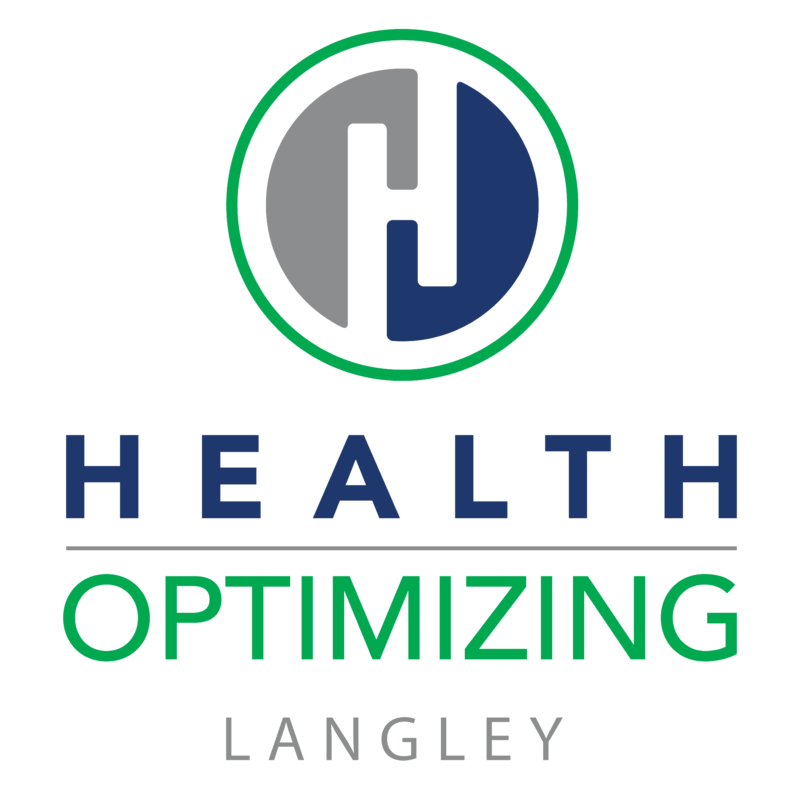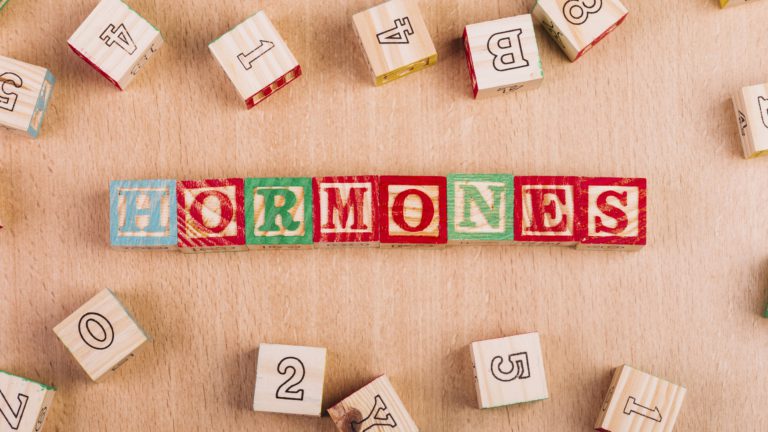Hashimoto’s disease is an autoimmune disorder that causes your immune system to attack your thyroid. The attacks damage this organ, which prevents it from making enough of its hormones—thus ultimately causing hypothyroidism.
Needless to say, hypothyroidism is extremely dangerous; after all, thyroid hormones play a crucial role in how your body uses energy. While Hashimoto’s disease attacks the thyroid, the resulting hypothyroidism ultimately affects your other organs. Deficient levels of the thyroid hormone can contribute to higher cholesterol levels—which eventually leads to heart disease.
The care options for such illnesses usually come in the form of regular medication to control hypothyroidism. However, we at Health Optimizing Langley believe that prevention is always better than cure! As such, here are three environmental triggers of Hashimoto’s Disease that you can avoid if you have a history of hypothyroidism in the family:
Bisphenol-A (BPA)
BPA is a very common chemical byproduct of polycarbonate plastic manufacturing. BPA is also found in epoxy resins that coat food cans and is a component of flame retardant materials.
Such components trigger Hashimoto’s disease because it binds to thyroid hormone receptors and blocks the hormone’s function. It is for that reason that BPA is practically banned in most countries. In fact, it is so dangerous that many manufacturers that use plastic in their production have explicitly declared that their products are BPA-free.
Irradiation
Irradiation is the medical term for exposure to radiation in medical contexts.
Such practices are commonly used in radiotherapy for cancer patients. While it is a standard procedure done for cancer patients, radiotherapy processes for the head and neck region have also been shown to cause hypothyroidism. The condition is common, as around 3 in 10 people undergoing radiotherapy for cancer develop it as a side effect within the first five years.
Kelp, Dulse, and other kinds of seaweed
In its regular daily operation, the thyroid gland uses iodine, which can be found in certain food items, such as kelp, dulse, and other seaweeds, to create thyroid hormones. With your body not producing enough of the hormone, it might make sense to eat more of what your body uses to spur its production.
However, instead of helping, eating iodine-rich foods can lead to hypothyroidism or make it worse for people already living with Hashimoto’s disease.
Conclusion
As mentioned above, the most common care option for people suffering from Hashimoto’s disease is through taking thyroid hormone medication. It’s worth noting that the process can be a bit of a trial and error method. Doctors usually prescribe a dosage of thyroid hormone medicine and take a blood test in about 6 to 8 weeks of drinking the medication. If your thyroid hormone levels do not stabilize, your doctor will increase the dosage and take another blood test. This process repeats until your doctor finds you a sweet spot.
To help your thyroid hormones stabilize a little faster, it’s essential to change your current diet and lifestyle into a healthier one. However, what a “healthy” diet and lifestyle means can vary among dietitians, nutritionists, and scientists—which is where our bio scanners come in. It helps take a granular look at hormonal responses and thyroid imbalances, thus allowing for a better look into your health condition.
BioScan Center in Surrey offers lifestyle programs that help support people suffering from Hashimoto’s disease. Using our bio scanners, we can take a much better look at your blood chemistry and hormonal responses and put you on the road to much better healing. Contact us today to learn more about our services!




